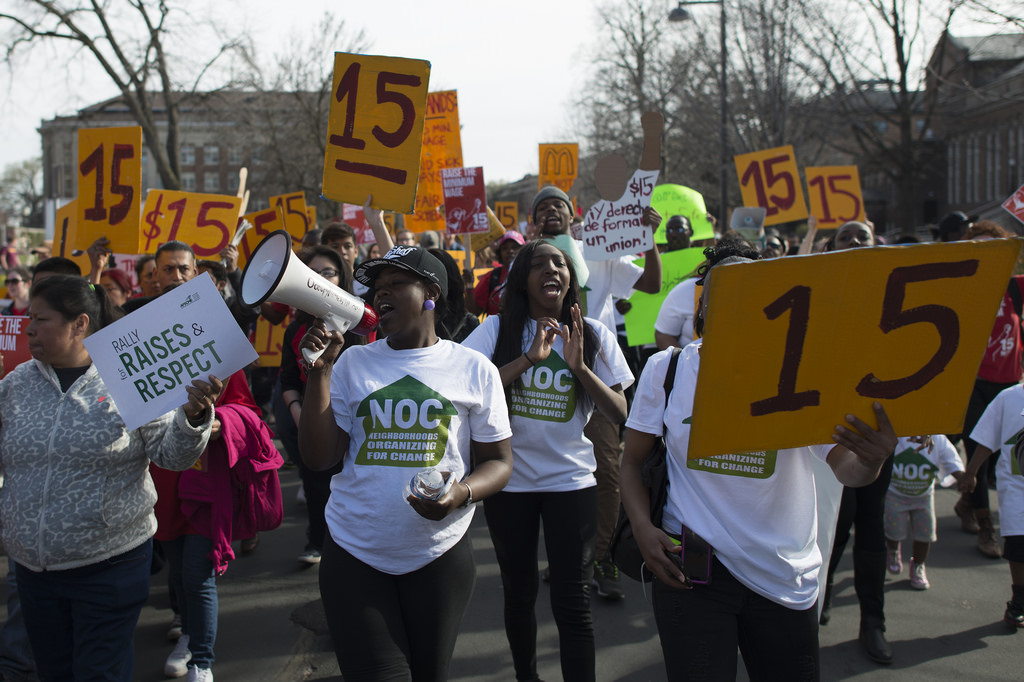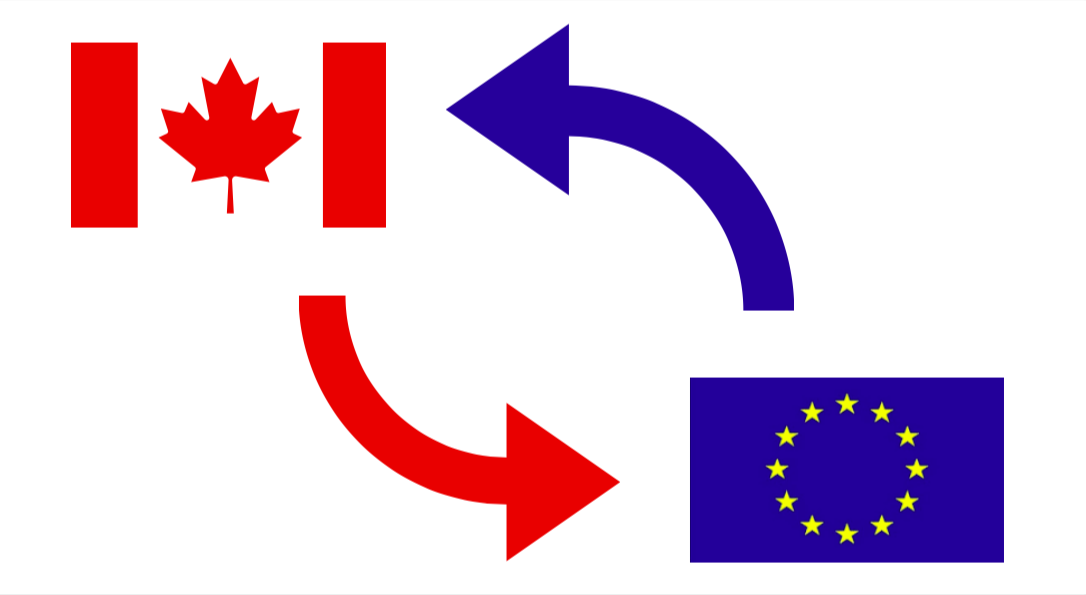R
ecent developments have pushed the movement for a $15 per hour minimum wage to the forefront of populist politics in developed nations. Seattle, Los Angeles, and San Franciscohave all enacted local $15 minimum wage laws, and New York’s Fast Food Wage Board recently recommended a similar policy for fast food workers within the state. Facing the prospect of a neck-to-neck federal election in October, Canada’s NDP has voted to include in their platform a promise to institute a $15 federal minimum wage if given an opportunity to form the next government. The UK’s Conservative government has announced plans to increase its minimum wage to £7.20 next April. Germany instituted its first-ever minimum wage last year, setting its wage floor at €8.50 per hour. Progressive activists have praised these wage hikes as effective tools to combat poverty among minimum-wage workers.
However, economic research has given sceptics reason to doubt the welfare-enhancing abilities of higher minimum wages for workers at the low end of the income distribution. While David Card and Alan Krueger’s seminal 1992 study into the effects of minimum wage increases on employment found no negative impact in the case of fast food workers in New Jersey and Pennsylvania, caution must be exercised in extrapolating these results to a potential $15 minimum wage. A 2011 working paper from Finland’s Government Institute for Economic Research concluded that Card and Krueger’s results were relevant only to small fast food restaurants, as larger employers would have cut back hiring in response to minimum wage increases, as expected by traditional models. A meta-study by David Neumark of UC Irvine also found that evidence of wage floor-related unemployment only tends to emerge in larger-scale studies conducted across state lines and over long timeframes. Additionally, an investigation into the effects of a $10.10 minimum wage – the level currently promoted by the Obama administration – projected losses of between 553,000 and 1.5 million jobs as a result of such a policy. The employment effects of a $15 minimum wage would be yet more severe.

Minimum wage increases have also been found to have no significant impact on material hardship in aggregate among less-educated workers or young black workers. Poverty, housing stress, food insecurity, and health insecurity are all unaffected by such changes to minimum wage. By certain metrics for inequality, minimum wage hikes have in fact been found to harm low-income families. This paradox is explained by another paper by Neumark. In “Do Minimum Wages Fight Poverty?” Neumark finds that while certain poor families do benefit from minimum wage increases, a slightly greater number of families are thrust into poverty as a result of the same policy. Instead of leading to a net redistribution of income from high-income families to low-income families, an increased minimum wage simply redistributes income between poor families.
Policymakers already have access to a variety of alternative solutions that more effectively raise families out of poverty. In the USA, the Earned Income Tax Credit (EITC) has been found to increase the probability of recipient families being above the poverty line by 53 percentage points. Every increase of $1000 to the EITC increases that probability by a further 9.4 percentage points. Three-quarters of EITC recipients are single mothers, whose workforce participation rate is significantly increased by the program. An expansion of the EITC to bring benefits to one-child families to the same level as those for two-child families is projected to lift 410,000 people above the poverty line.
Canada’s Working Income Tax Benefit (WITB) is similar to the EITC, subsidizing paid employment at a rate of 25 cents on the dollar up to a maximum income of $11,011 for singles and $15,205 for couples. Increasing the WITB’s income cap or its subsidy rate could have similar effects to such a change to the USA’s EITC. Though an increase in the minimum wage superficially appears to be a strong option for alleviating working-class poverty, an increase in the EITC/WITB would be vastly preferable from the standpoint of low-income employment.




